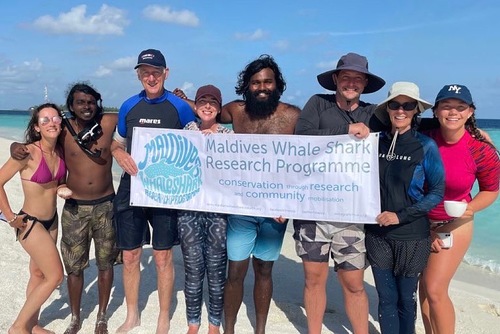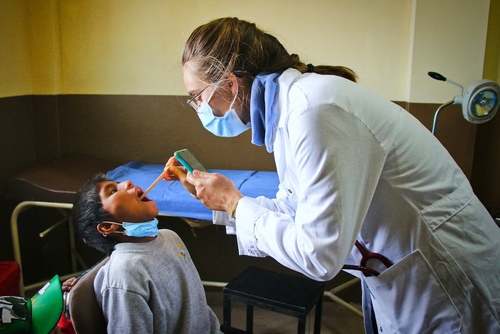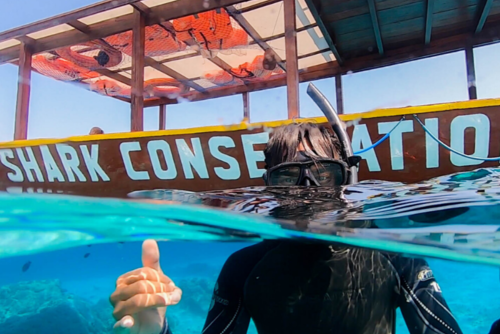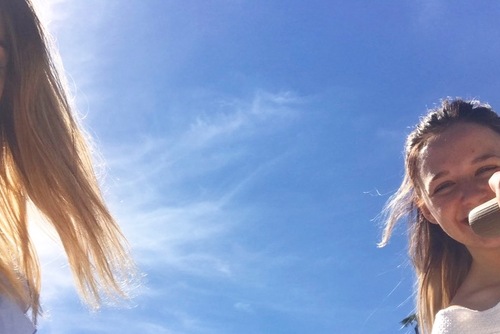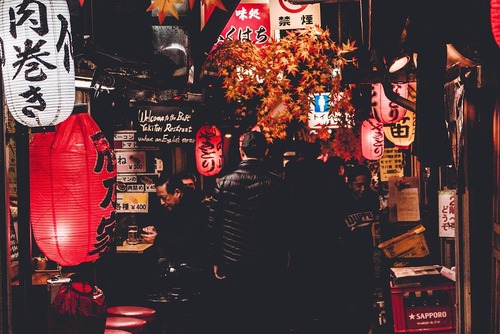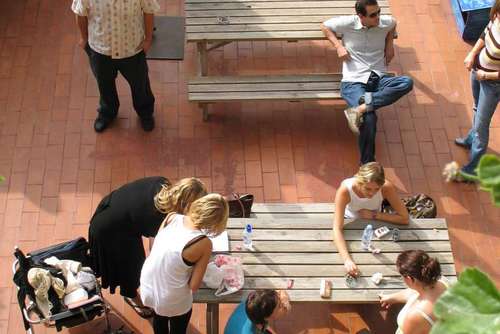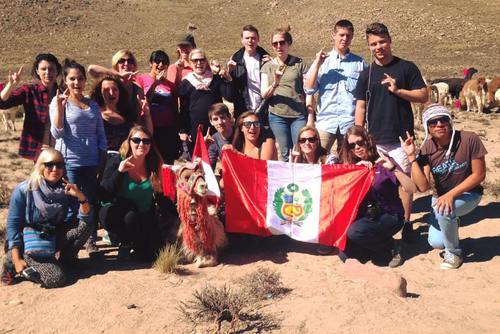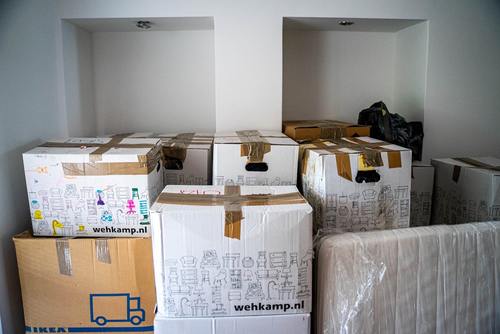Whether it’s homesickness, adapting to a different culture, or struggling to pass classes when you’re distracted by every interesting thing your adopted city has to offer, it is important to remember that overcoming these hurdles only makes you more confident and independent as a student.
While you’re away, it’s also vital to be aware of the fact that you are in a different country. This sounds obvious but, no matter how at home you feel, you need to remain vigilant and aware of your surroundings, as crime can vary across different countries.
Here are some of my tips on how to stay safe when studying abroad:
1. Choose Your Program Carefully
Deciding where you go and what you do can have a big effect on your experience.
Whilst there are opportunities all around the world if you speak English, going to study abroad in Europe or North America might be the easiest and safest option.
Some countries and locations are also a lot safer and more welcoming to internationals than others so research all thoroughly before securing a place.
2. Be Street Smart
As soon as you can, get hold of a pay-as-you-go SIM card. Pop in numbers for local police stations, your local embassy and reputable taxi firms.
Take advantage of the local knowledge and ask students at your host university for advice. How late would they walk alone? Are there any areas they would advise avoiding?
Be careful if using Google maps to navigate, as it may lead you through quieter areas as it is the fastest route. To be safe, use main roads at night or travel in a group. Check out the individual country online for advice for information about crime and safety at your destination.
3. Be Aware of Local Laws
In particular when drinking at parties, be aware of what level of inebriation on the streets is allowed, or if you are actually the legal age to drink alcohol in the first place.
Breaking the law abroad can result in your visa getting retracted, fines or even imprisonment. Just because you can throw back six Jagerbombs in the UK, doesn’t mean your host country will be as tolerant.
Surround yourself with people you trust on a night out, always bring enough money for a taxi home, and have a safe meeting spot agreed in case you get separated.
4. Don’t Be Gullible
Naturally as a tourist, your foreign accent and habits make you stand out, even if you consider yourself a local a couple of months into your study abroad semester.
Question things and don’t let British politeness make you agree to things you aren’t sure about! Act confident, even if you aren’t.
People are less likely to take advantage of someone who looks like they know what they’re doing. Walk with a purpose and look like you belong in the area, after all – you do!
5. Keep Up With Local News
Just because you’re having fun every night, doesn’t mean everything is peaches and cream in your host city.
When I was studying abroad in Anchorage I set off on an amble down a secluded forest path into town – quite content with the fact I rarely saw anyone during the two-hour journey.
After reaching a coffee house in the city, I came across a local paper… with a front-page story outlining how two people had been murdered on that route by a suspected serial killer.
Police were advising people to stay clear of the trails into town. From then on, I followed the local news far more attentively.
6. Be Prepared
Make copies of driving licences, passports, visas and other essential documents so you can easily apply for new ones if yours are lost or stolen.
Let someone know where you're going with a rough estimate of when you'll be back. Research public transportation times so you always have an option to get home.
7. Respect Your Surroundings
Learn the local customs – including what might cause offence – and learn some basic phrases if you are in a foreign speaking country.
Omniglot has a collection of translations you can easily write down before travelling or you could book a language course abroad.
Note that in particularly religious countries, you may be required to wear more clothing or cover certain parts of your body upon visiting religious sites.
8. Insurance
Triple check the terms and conditions of your travel insurance. Make sure it covers every activity you are planning, including things you might not count as extreme, like skiing or hiking above certain altitudes.
Most travel agencies won’t pay out if you hurt yourself if you’ve been drinking, for example if you lose belongings or get alcohol poisoning. Drink and be merry, but keep your wits about you!
By Kirsten Robertson
Related Pages









